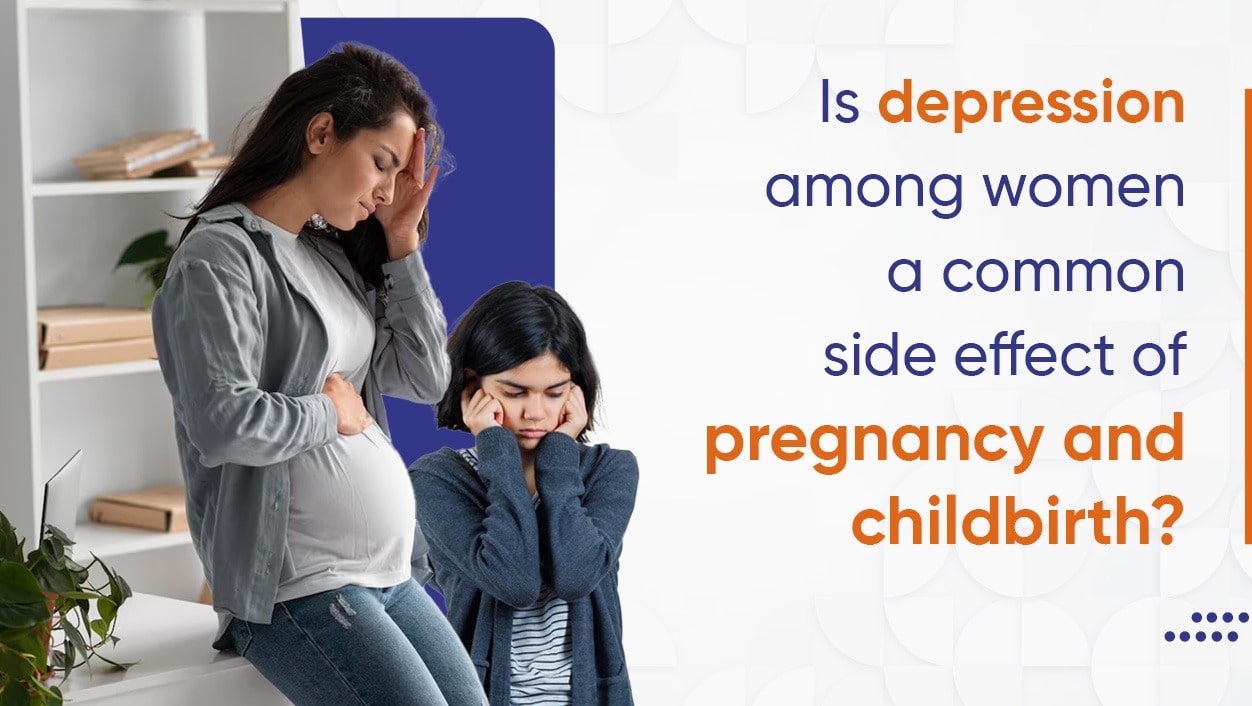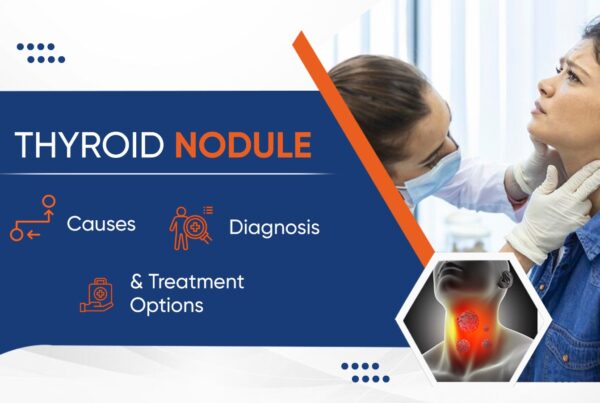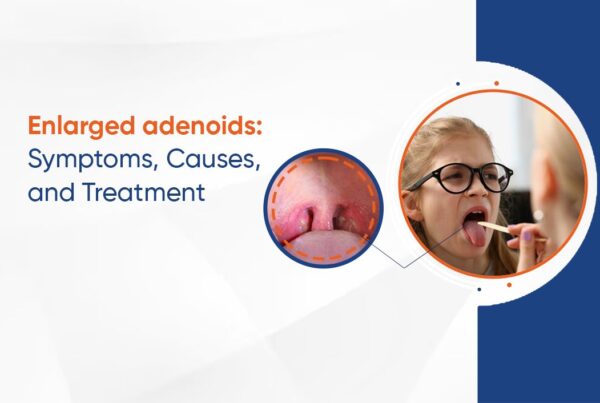During pregnancy and after childbirth, women go through a lot of physical and hormonal changes. While most women are excited for this new chapter in their lives, some may experience an emotional breakdown. According to much research, many Women suffer from perinatal depression, which most often goes unrecognized due to a lack of awareness. While many people are aware of the incidence of postpartum depression, the phrase perinatal depression is still a mystery.
What is the definition of prenatal depression?
The term perinatal refers to the time between conception and delivery of the infant. Prenatal depression refers to depression that occurs during pregnancy, whereas Postpartum depression refers to depression that occurs after the baby is born. Perinatal depression, which includes both prenatal and postpartum depression, is a mood condition that affects women during or after pregnancy. Anxiety, profound sadness, and weariness are some of the symptoms of depression, which can range from mild to severe.
According to a study published in the journal Primary Care, 10 percent to 16 percent of pregnant women suffer from major depressive disorder or clinical depression, whereas 10 percent to 20% of women suffer from postpartum depression.
What do the signs of prenatal depression look like?
While some women report anxiety and tiredness, others may have a variety of perinatal depression signs.
The following are some of the most prevalent prenatal depression symptoms:
- Chronic exhaustion
- I’m constantly sad, worried, and frustrated.
- Self-doubt, guilt, depression, and a sense of worthlessness
- Losing interest in activities and hobbies that formerly provided enjoyment
- Feeling anxious?
- Inability to sleep or excessive sleeping
- Having trouble focusing or remembering things
- Appetite loss.
- Pain in the brain and other parts of the body that persists despite the use of pain relievers
- Inability to create an emotional connection with a newborn child
- Suspicion of injuring oneself or the baby
The existence of these symptoms does not necessarily mean that you are depressed; your doctor may need to do additional tests to establish the diagnosis.
What factors contribute to prenatal depression?
Perinatal depression can strike any woman, regardless of age, ethnicity, money, or academic level. Perinatal depression is caused by a variety of factors. However, there are other circumstances that may raise the risk:
- Depression, bipolar disorder, or anxiety disorders have a personal or family history.
- With a prior pregnancy, there was a history of perinatal depression.
- Pregnancy that was not planned
- Multiple pregnancies
- Pregnancy or labour complications
- Sexual or physical abuse in the past
- Substance abuse disorder in the past
- Smoking.
Why is prenatal depression so important to treat?
Perinatal depression must be treated since it can have major health repercussions for both the mother and the infant. The following are some of the implications of untreated prenatal depression:Preterm delivery, hypertension, low birth weight, and behavioral problems in newborns are all risk factors for untreated depression during pregnancy. Untreated postpartum depression is a result of a lack of connection with the baby due to constant unhappiness and anxiety.
Postpartum depression appears to delay the initiation of breastfeeding in new moms, according to research. Moreover, it shortens the duration of nursing, which may have
an impact on the baby’s immune system. Children of mothers suffering from untreated postpartum depression have a greater chance of experiencing cognitive, behavioral, social, and communication problems, according to research.
Is it possible to prevent prenatal depression?
The following are some strategies for preventing prenatal depression:
- To reduce anxiety, enroll in birth classes and counseling sessions.
- Screening on the first prenatal appointment and again in the third trimester.
- For the first six weeks after the baby is born, new moms should be examined for any
signs of depression. - The mother’s mental health should be screened as part of regular baby check-ups.
What is the treatment for perinatal depression?
It is essential to address perinatal depression, as it can have major health consequences for both the mother and the infant. The following are some of the treatment options for perinatal depression:
Psychotherapy, often referred to as counseling or talk therapy, can assist pregnant women.
women in dealing with behavioral changes. Cognitive-behavioral therapy and
interpersonal therapy are two of the most commonly used psychotherapies.
Cognitive Behavioral Therapy: CBT helps women cope with depression and anxiety by teaching them to notice the negative thought patterns that may be contributing to depression. They learn new ways of thinking, acting, and reacting in stressful situations as a result of the therapy.
Interpersonal Therapy: Interpersonal therapy is a type of therapy that aids in the treatment of mood disorders by enhancing interpersonal interactions and the development of social support networks This therapy assists women in dealing with difficulties and events in their lives that may be related to their depression.
Medication : Pregnant and postpartum women with perinatal depression are prescribed
antidepressants like selective serotonin reuptake inhibitors. These medications aid in the regulation of mood swings, the improvement of sleep and appetite, and the reduction of stress SSRIs, on the other hand, may carry hazards; thus, they should not be given without first visiting a doctor.
Balanced diet: During pregnancy and breastfeeding, a woman requires increased calories and nutrients. To keep a healthy body and mind, women should eat a balanced diet. rich in fruits and vegetables, healthy fats, carbs, and lean protein.
Exercise: Pregnant women and new mothers should engage in some form of physical activity, such as brisk walking or cycling on a stationary bike, as it can help the body while reducing depressive symptoms. It’s crucial to note that before beginning any new workout routine, you should contact your doctor.
In conclusion, perinatal depression is a serious and often underestimated condition that can affect women during and after pregnancy. Recognizing the signs and seeking help early is crucial for the well-being of both the mother and the baby.
At Tambaram Medical Centre, we understand the complexities of perinatal depression, and our dedicated team of healthcare professionals is here to provide support, guidance, and effective treatment options. With the right care, it is possible to manage and overcome perinatal depression, ensuring a healthier and happier start to motherhood.
Remember, you are not alone in this journey, and seeking help is a sign of strength. If you or someone you know is experiencing perinatal depression, please don’t hesitate to reach out to us. Your well-being matters, and we are here to help you every step of the way.










